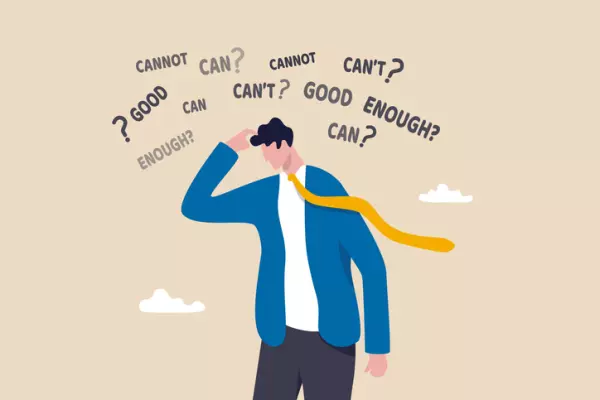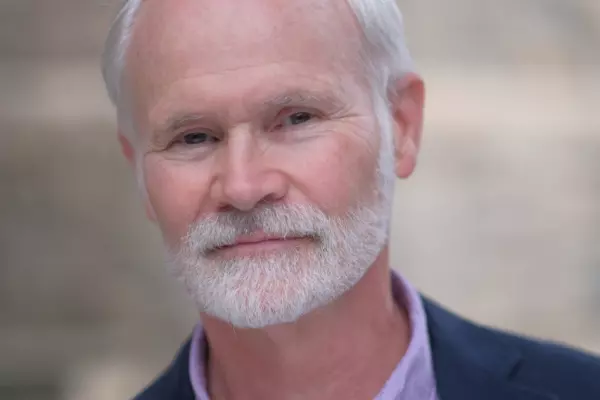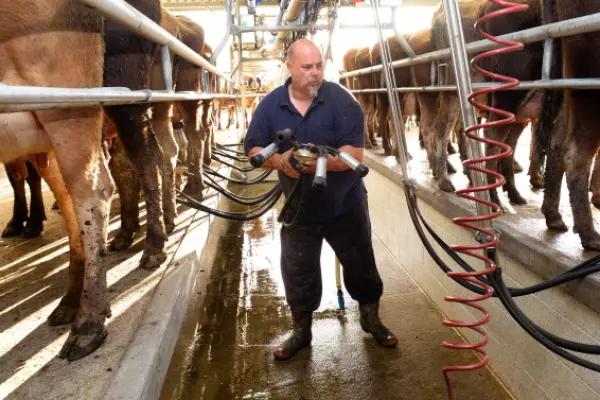Sue McCabe gets by on charity. She is the chief executive of the charity-boosting organisation Philanthropy New Zealand and it’s her job to make people feel good about doing good.
That shouldn’t be too difficult. Doing good is widely believed to be good for you, for example by lowering stress and improving blood pressure.
“The types of things we do inspire more giving,” says McCabe in explaining that her organisation doesn’t hand out money but, rather, encourages and assists other people to do so. “We are focused on giving that has impact and on making sure there is a strong ecosystem for giving. We survey the political landscape for anything that might impact on giving, from tax laws through to the Charities Act review.”
McCabe says there is little research in New Zealand on the links between individuals’ doing good and heightened well-being, but points to an oft-quoted survey from some years ago. “It was run by Statistics New Zealand and showed higher levels of life satisfaction from volunteering. The benefits from giving time are the same as those from giving money.”
If there are any links, Kiwis should be in tip-top condition. For more than a decade, New Zealand has been in the top five of more than 140 countries in the World Giving Index published by the UK-based Charities Aid Foundation. It’s based on surveys undertaken by the Gallup World Poll in which people are asked about helping strangers, volunteering and donating. “We are a really generous country,” says McCabe.
She sidesteps the debate about doing good and feeling better. “I’m not sure feeling good is a motivation to give, but once people start giving, it helps them to continue their giving. The ‘helper’s high’ applies to volunteering and giving money.”
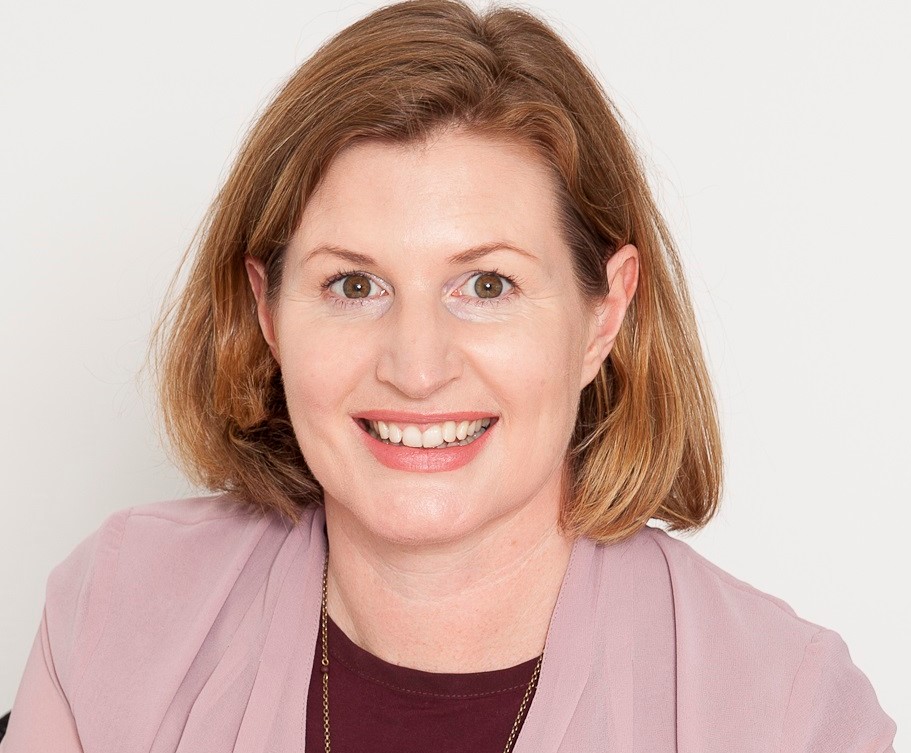 Philanthropy New Zealand CEO Sue McCabe.
Philanthropy New Zealand CEO Sue McCabe.
No one spoken to for this story brought up any of the extreme side-effects that have been claimed for the mere thought of philanthropy, such as that electric shocks hurt less if the recipient has decided to give money away beforehand. Or that donating blood at the Blood Service hurts less than having it extracted to check your cholesterol.
So, what can we confidently say about the real health benefits of selfless acts – or prosocial behaviour, as the researchers tend to call it?
Steve Cole is a professor at the University of California, Los Angeles, School of Medicine who has done a great deal of research in the area. “For years, we have known that getting people to do kind acts makes them feel better,” he says. Although he remains cautious about overstating any causal connections between doing good for others and keeping well yourself, he says that “recent studies indicate that doing good for others does favourably impact one’s own immune system”.
“It is a relatively new concept that you would use outward-looking, positive psychology to combat inwardly experienced pain and suffering,” says Cole.
Instead of focusing on relieving the suffering, you point the person away from it and focus them on the outside world.
Cole worked with Sonja Lyubomirsky, a professor of psychology at the University of California’s Riverside campus, on one of the more significant recent experiments on this.
“Prosocial engagement came up as one idea about how we might push back against the biological impact of loneliness,” he says. “She randomised people to do random acts of kindness for other people or for themselves. People who did kind acts for others showed small but reliable favourable changes in immune cell gene expression. [Simple definition: Gene expression is the process by which the information in a gene becomes a useful product.] People who did kind acts for themselves didn’t show anything similar. If anything, they trended a little bit worse off.”
The experiment also showed that when people’s acts of kindness “were performed for a real living human being”, they had the greatest impact. “Sonja believes it has something to do with social feedback or self-reward from seeing another person benefit from your efforts.”
Which may not clear up your psoriasis, but will certainly improve your emotional stability and mental health and “are the kinds of probes we can use to determine if kindness might indeed benefit physical health as well”.
“Sonja’s team has found this in two repeated experiments now,” says Cole. “That gives us confidence that we’re really onto something.”
Jo Cutler, a research fellow at the University of Birmingham, has looked at what happens in our heads when we decide to be nice to people. She says the striatum – the part of the brain that lights up when we do things we enjoy – also lights up when we are generous. Furthermore, even though modern communications make it easier for us to help people on the other side of the world, we still prefer to help people who are close to home. That we have bits of the brain available for charity-specific purposes also suggests there is an evolutionary and survival component to being good givers. Which is useful information for philanthropists and those trying to separate philanthropists from their dollars.
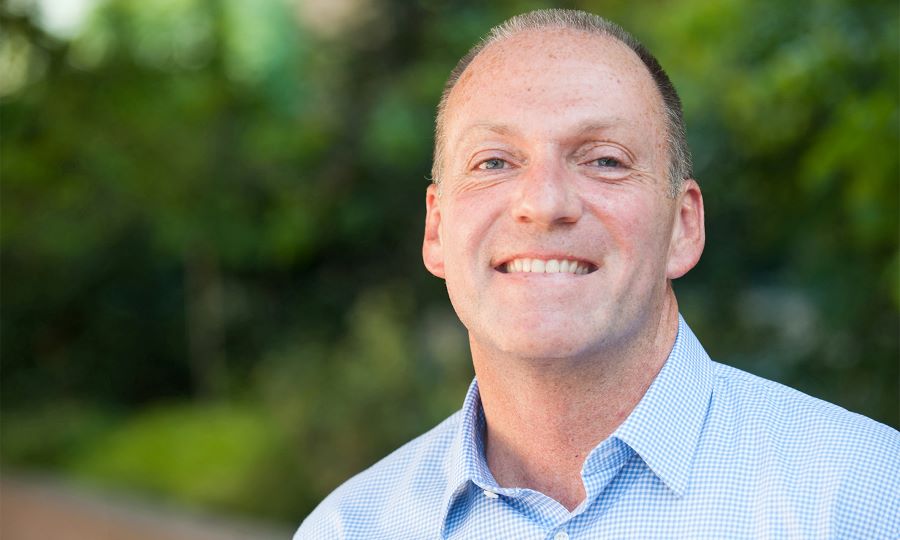 Professor Steve Cole.
Professor Steve Cole.
One keen observer of kindness is Polish-Canadian science journalist Marta Zaraska, the author of Growing Young: How Friendship, Optimism and Kindness Can Help You Live to 100.
“I was really surprised, when I started researching Growing Young, how many studies have been done on this,” she says. “Which makes you wonder why it still remains a rather obscure issue for the general public, and I think the reason is that there is simply little or no money for anyone to make on this. The dietary supplement market and the exercise gadgets one are huge. No one makes money on you going for a walk with your friend, or being kind to a stranger.”
Zaraska’s observations complement those of Steve Cole on loneliness: “Humans are social apes,” she says. “We’ve evolved to function best when we are with our tribe. It makes us feel safe when we are with close others, and various stress systems in our bodies calm down when we are social.
“Consider, for instance, what happens when we feel lonely or isolated: for our ancestors, feeling lonely was usually an indication that they had got stranded alone in the African wilderness. This would be a signal to their bodies to prepare for a higher risk of being wounded – by predators or through accidents. Hence, inflammation, which is, at its most basic, an anti-bacterial response, would go up. Nowadays, feelings of loneliness also raise inflammation, but it doesn’t make sense any more, since social isolation doesn’t mean you are more likely to get attacked by a lion. Chronic inflammation, meanwhile, can lead to various health issues, from diabetes to heart disease.”
Zaraska echoes the results cited above, noting that, as well as being most effective when close to home, acts of kindness have more benefits for the doer when targeted. “When people donate money to very vague causes such as ‘child protection’, they reap less health benefits than if they donate to very specific causes, such as purchasing bed nets for children in Africa. However, human contact is always beneficial. That’s why volunteering in person in, say, a soup kitchen will be better for you than writing a cheque to charity, although both are better than doing nothing.”
In fact, it seems anything is better than doing nothing. And though an act of kindness – random or calculated, anonymous or on a billboard – may not shrink your tumour, it will do your mental health some good if you have the satisfaction of knowing you have made things better for someone, somewhere.




